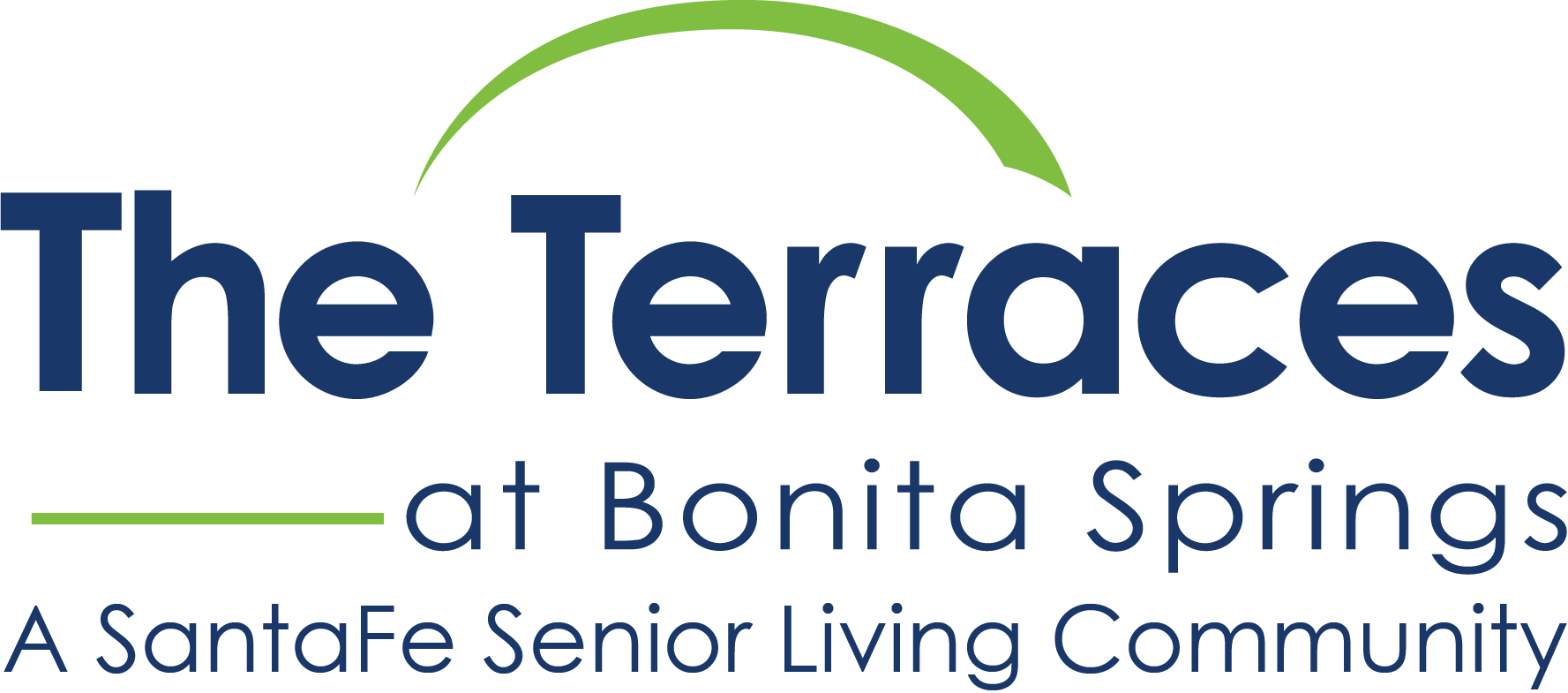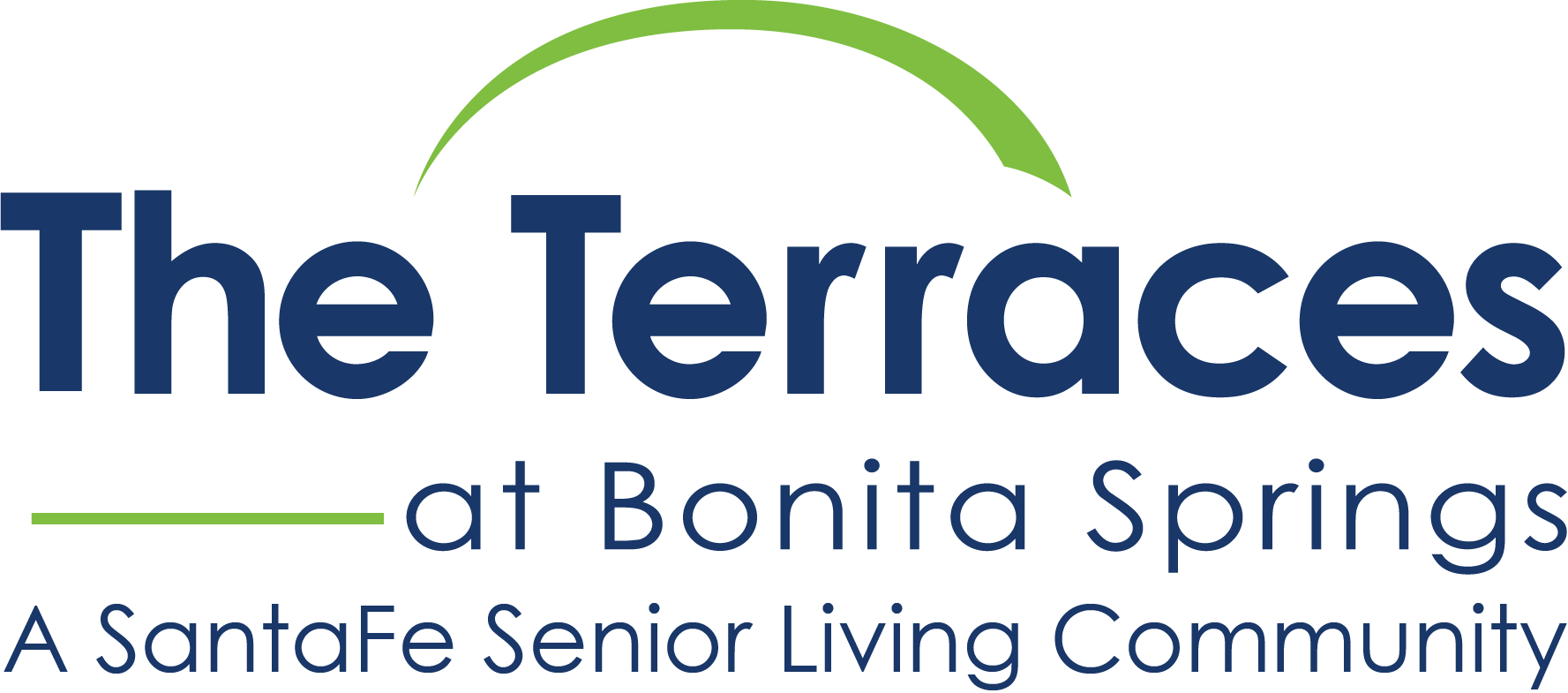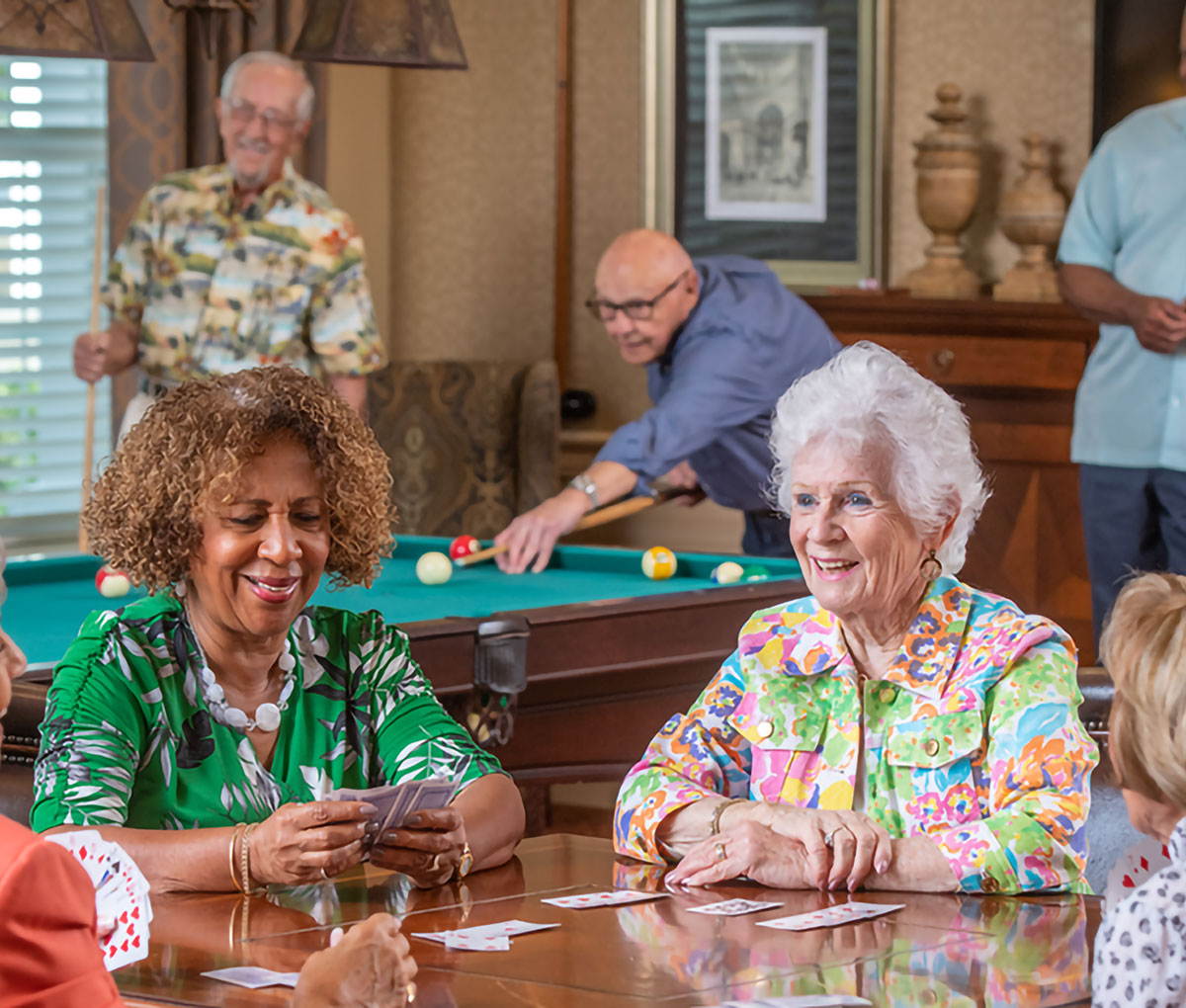As you begin to compare senior care options for a family member, you may encounter some terminology that is unfamiliar. Senior living options exist on a spectrum that includes independent living, assisted living, memory care and skilled nursing. Without further information, it is impossible to know what is most appropriate for your loved one.
This guide focuses on the two options with the highest level of care: memory support and skilled nursing. Continue reading for detailed descriptions of these two care communities and for tips to determine which might be best for your loved one.
What Does Memory Care Look Like?
Memory care – sometimes called memory support – is specialized treatment for people with Alzheimer’s or other types of dementia. This long-term care is designed to slow the progression of cognitive decline while providing a safe and stimulating environment for people with memory loss.
A resident at a memory care community will be assisted with the activities of daily living (such as grooming, bathing or getting dressed) like they would at a skilled nursing facility. However, one distinct difference between the two is that the staff members of memory care communities are specially trained in therapies that address the needs of people with dementia, while staff at nursing homes are not.
Renaissance at the Terraces approaches dementia care with a focus on the individual. We create personalized dementia care plans by getting to know our residents’ backgrounds, professions, interests, hobbies and the stories that make them who they are. This commitment to connection respects our residents’ choices, promotes their independence and better stabilizes their moods.
You will find that the building layout, aesthetics and property of many memory care facilities are designed with the individual needs of residents in mind, too. Some examples of this are:
- Memory care residences are often designed to feel like home, integrating residents’ personal items into their spaces.
- Since numerous studies have shown the positive effect of time outdoors for dementia patients, features like a sensory garden or a walking path might be featured.
- Residents may help create memory boxes to hang outside their doors so they can identify their residences independently.
- To reinforce safety and security, there might be color-coded hallways, circular corridors, enclosed outdoor spaces or alarmed exits.
What Does Care at a Nursing Home Look Like?
Nursing homes – or skilled nursing services – deliver the most intensive level of care. Residents receive around-the-clock supervision and aid from health professionals. This includes assistance with ADLs, medication management and other medical care.
This care is intended for seniors who are debilitated to the degree that they cannot care for themselves on their own. They may be in a wheelchair, bedridden or need daily care from a medical professional. Stays in skilled nursing facilities can be short-term or long-term, depending on your loved one’s needs.
Nursing homes often have a social calendar and opportunities for personal growth, but the activities are not led by trained dementia professionals or meant as therapies for memory decline.
Often, seniors have a private room and access to communal dining and gathering spaces. It can be less private than a residence at a memory support community. Additionally, there are likely less intentional design elements to help orientate and familiarize residents with the space.
How To Know if I Need Memory Care or a Nursing Home
Both memory care facilities and nursing homes are for seniors who can no longer live independently and need extensive support. They both provide health care, personal care, social opportunities and wellness programming.
So, sometimes it can be challenging to identify the type of senior living that corresponds with your loved one’s needs.
It might be time for memory care if your loved one:
- Has a tendency to wander off
- Demonstrates symptoms of sundowning
- Can have aggressive or combative behavior
- Could benefit from dementia therapies
- Often gets turned around and confused
It might be time for skilled nursing care if your loved one:
- Exhibits mild to moderate symptoms of dementia
- Does not need extra security
- Is no longer ambulatory
- Can no longer self-administer medication
- Needs rehabilitation
Memory Support and Skilled Nursing Services at The Terraces at Bonita Springs
With a Life Plan Community like The Terraces at Bonita Springs, our residents’ placements can change with their needs. If your loved one starts out in one environment and the type of care they need changes, there are options to transition them into a living arrangement that can provide more personalized support. Schedule a visit with us to see what option is best for your loved one.


